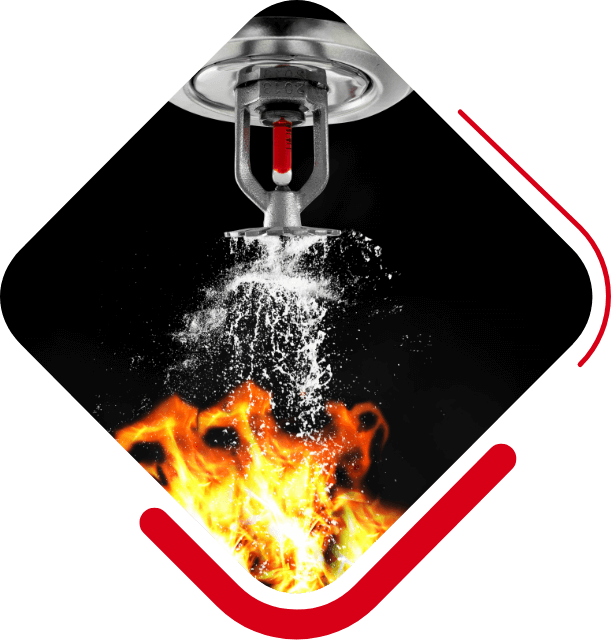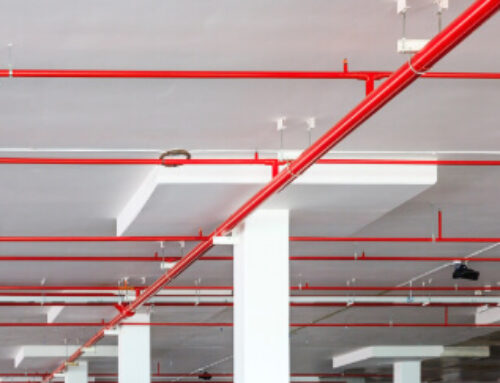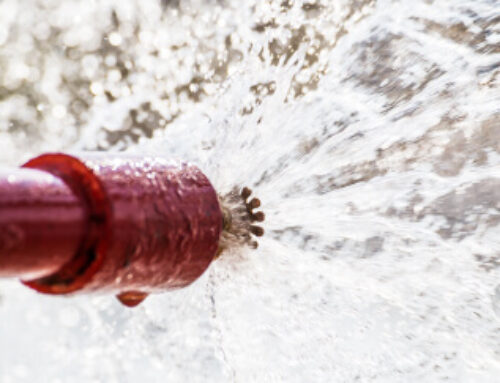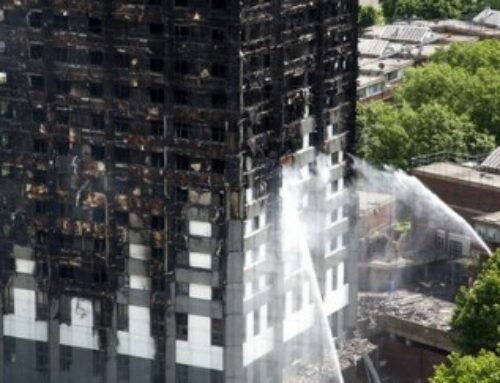21 Things you didn’t know about fire sprinklers
1: Reliability
Sprinkler systems have been proven in use for well over 100 years, during which time they have a 99% success rate worldwide. Systems over 100 years old are still in full working condition today.
2: Popularity
More than 40 million sprinklers are fitted worldwide every year
3: Unnecessary Deaths
Thousands of people are killed every year in buildings without sprinkler systems worldwide
4: Life Safety Record
Sprinklers are approved for Life Safety purposes. (They ‘buy time’ for evacuation and property protection)
5: Life Safety Record
In the UK, there has never been a fire death in a fully sprinklered building. US Government employees on business only stay in sprinklered hotels because the government will not otherwise pay their expenses.
6: Sprinklers Save Money
Losses from fires in buildings protected by sprinklers are estimated to be only one-tenth of those in unprotected buildings.
7: Operational Facts
It is untrue that all sprinklers operate when fire breaks out. In 60% of cases, fires are controlled by the spray from 4 sprinklers or less.
8: Limited Water Damage
Reports of water damage caused by sprinklers are often exaggerated. Firemen often use 10 times more water from hoses to do the same job as a sprinkler.
9: Proven Reliability
Sprinklers are very stable and do not operate spuriously. Worldwide records show that only 1 in 16 million sprinklers installed per year will result in failure. Every single sprinkler head is independently tested before leaving the manufacturing plant.
10: Environmentally Friendly
Sprinklers help to protect the environment by controlling fire in its early stages, preventing airborne pollution and fire water runoff – a poisonous cocktail of water and chemicals which can wash into our water sources through the ground, rivers and main drains, when
the firefighters launch a large-scale water attack.
11: Conserve Water Sources
Sprinklers save water. Research in the UK shows that widespread use of sprinklers could save up to 96% of the 5.6 billion litres of water used annually in the UK to fight large fires.
12: The Threat of Petroleum and Chemical Fires Reduced
Sprinklers can now be foam enhanced to control flammable liquid, chemical and petroleum fires which are difficult to control because they float on water.
13: Cost-Effective to install
The cost of installing a sprinkler system is roughly equivalent to carpeting the same building.
14: Insurance Discounts
Insurance companies sometimes offer discounts of up to 70% for buildings that are protected by sprinklers.
15: Construction Trade-Offs
Sprinklers can save on building costs because, under building regulations, larger compartments (rooms) may be constructed. Reduced boundary and extended travel distances to exits are also allowed.
16: Legal Protection
Sprinklers can provide legal protection because a company can be held responsible for the consequences of a fire if adequate precautions have not been taken.
17: Protecting Investments
Sprinklers can help protect businesses by protecting investments, market positions and exports, reducing insurance costs.
18: Easy to Install
Sprinkler systems can be easily fitted to existing buildings.
19: Heritage Protection
Sprinkler systems are ideal for protecting irreplaceable heritage properties.
20: Fully Endorsed by Fire Services and Authorities.
The use of sprinklers is strongly supported by fire services, insurance companies, architects, building control officers and other specialists.
21: Domestic Applications
Special domestic sprinklers can now be installed to protect domestic houses and buildings of multiple occupancy.




